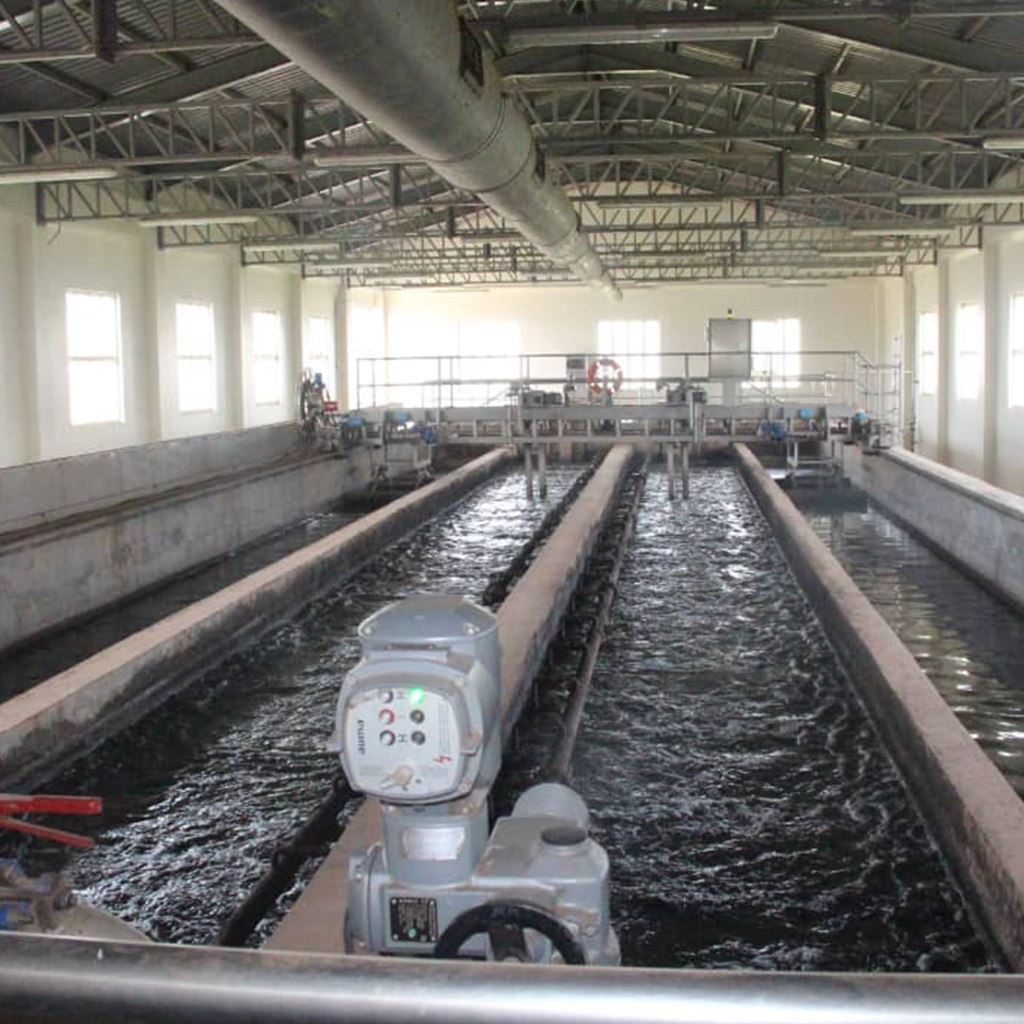
Sewerage treatment is a critical process in maintaining environmental health, yielding both liquid effluent and sludge. While the effluent can be safely returned to the environment, it’s the often-overlooked sludge that holds untapped potential. Often dismissed as a waste byproduct, sludge, also known as wastewater or sewage sludge, harbors numerous benefits that are reshaping the landscape of wastewater management.
One of the most notable advantages of sludge lies in its nutrient-rich composition, which is essential for fostering plant growth. When properly treated and processed, sludge transforms into a potent fertilizer, enriching soil fertility and reinforcing agricultural productivity. So basically, by harnessing the nutrients within sludge, we contribute to sustainable agronomic practices.
Sludge is also a reservoir of valuable resources, including organic matter, useful metals, and water. Through innovative treatment techniques, these resources can be salvaged from sludge, nurturing a circular economy paradigm. When we reuse and recycle these resources, we not only minimize waste but also reduce our reliance on finite resources, paving the way for a more sustainable future.
The benefits of sludge extend beyond soil enrichment, as it plays a focal role in soil improvement. By augmenting the physical properties of soil, such as water retention and structure, sludge enhances soil fertility and overall health. Incorporating sludge into soil rejuvenates degraded lands, promoting ecosystem restoration and bolstering crop yields.
Central to effective wastewater management is the proper handling and disposal of sludge. By adhering to stringent treatment protocols, we mitigate environmental pollution and safeguard public health. Proper sludge management eliminates harmful pollutants, mitigating the risk of waterborne diseases and safeguarding water bodies for future generations.
Furthermore, sludge can be used as a renewable energy source, further enhancing its value proposition. Through anaerobic digestion, organic matter within sludge can be converted into biogas, a sustainable energy alternative. This biogas can be utilized for electricity generation or heating, driving sustainable energy production and reducing reliance on fossil fuels.
In Uganda, the National Water and Sewerage Corporation (NWSC), in collaboration with Water for People, has spearheaded innovative sludge management initiatives. By producing faecal sludge briquettes, NWSC showcases the economic and environmental viability of sludge utilization with the help of technological innovation and institutional support.
All in all, the prudent management and utilization of sludge are paramount to realizing its full potential and mitigating associated risks. At NWSC, stringent regulations and guidelines govern sludge management practices, ensuring compliance with international safety standards.


